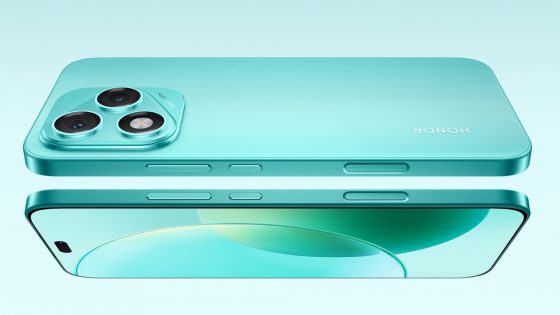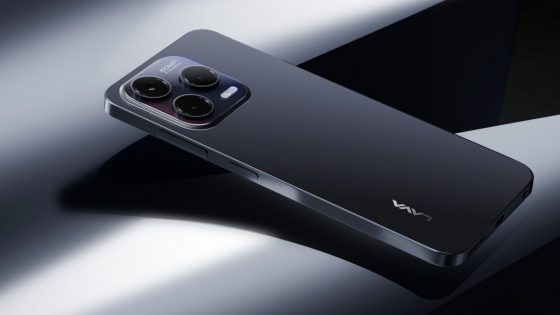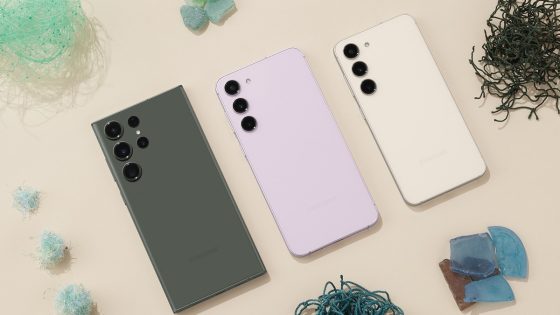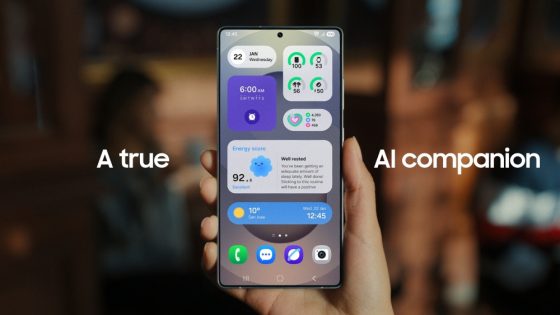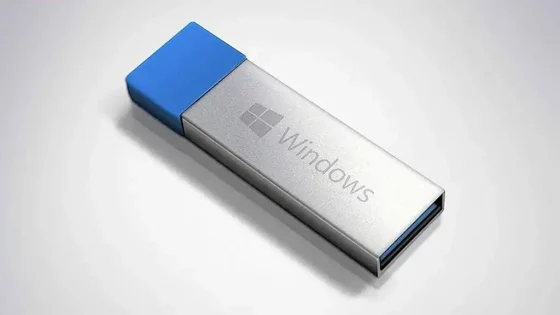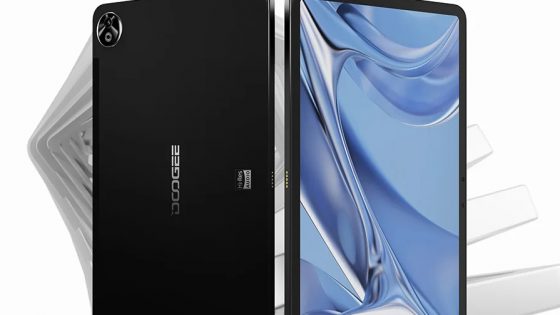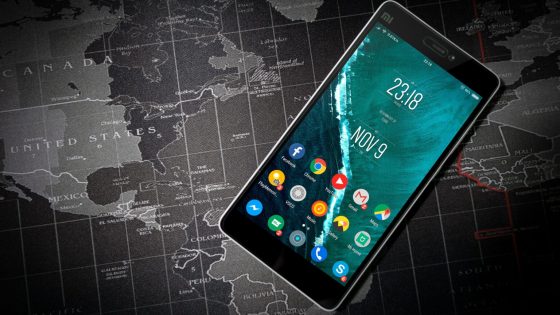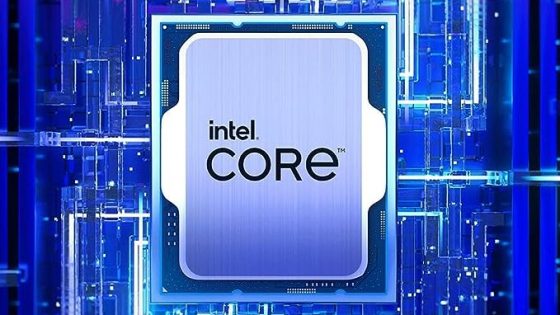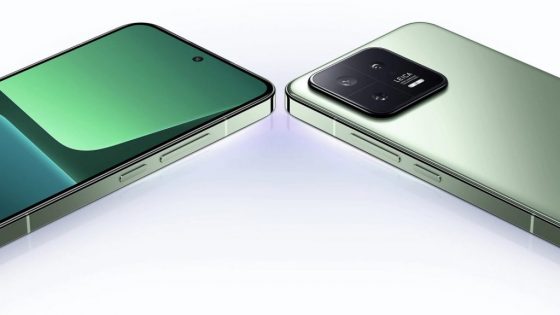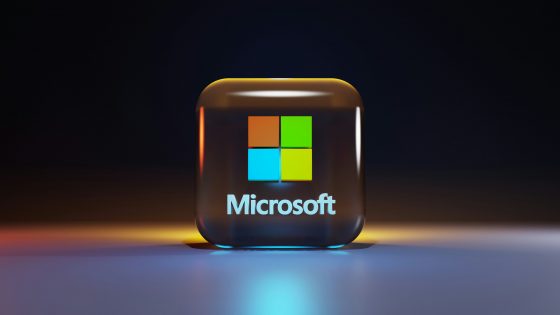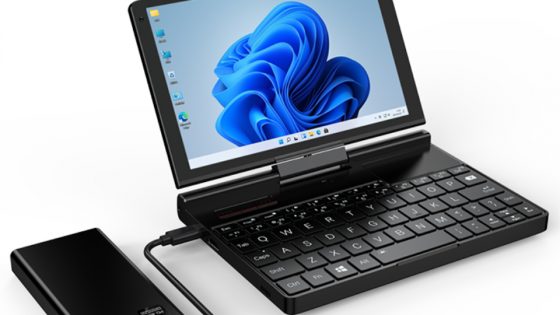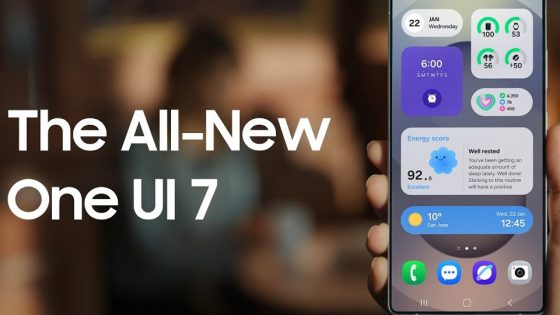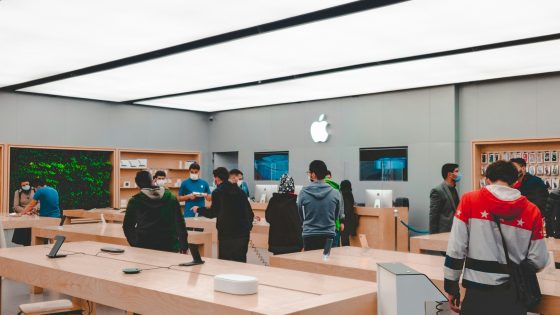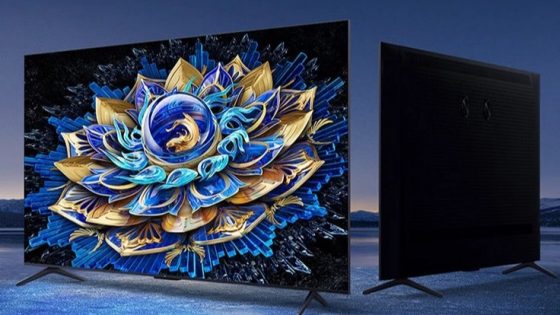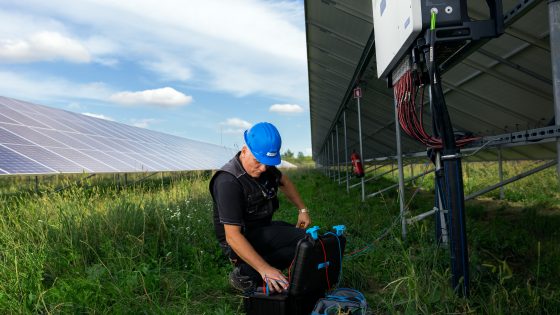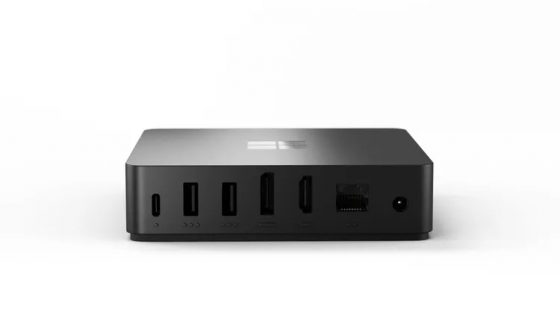Will the iPhone become a luxury? Trump's tariffs raise dust, Apple seeks solutions
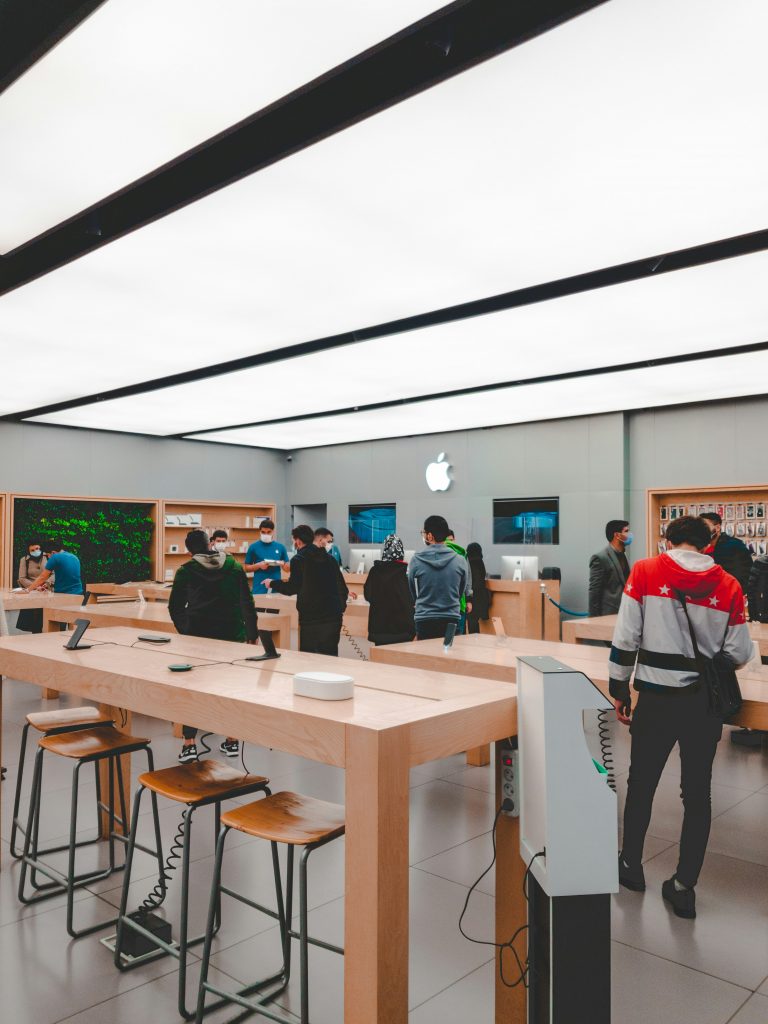
Apple shares are under pressure again after US President Donald Trump imposed new tariffs as part of his so-called "Liberation Day." The measures, targeting Chinese imports, have sparked a wave of concern among analysts and iPhone users.
According to Bloomberg, Apple stores in the US have been almost as full as during the holidays in recent days. Customers are increasingly asking salespeople about possible iPhone price increases, but Apple has reportedly not given any specific instructions to employees.
Many people want to secure a new iPhone now before prices may skyrocket.
Will Apple raise prices or shift costs elsewhere?
The situation is far from clear. Apple can choose to pass on the higher costs of tariffs to customers in the form of higher prices, or it can try to maintain current prices by putting more pressure on its suppliers. One way or another, the company will have to respond to Trump's decision, which could significantly shake up its global supply chain.
On April 2, the Trump administration imposed new so-called “reciprocal” tariffs – a 10% tax on all imports into the US – further burdening companies like Apple, which manufacture most of its devices in China. Worse, China could soon find itself under pressure to impose tariffs of up to 104%.
iPhone 16 (still) safe, iPhone 17? Not necessarily.
One forecast suggests that the price of iPhones could rise by as much as 43% by September 2025. For now, Apple is said to be stockpiling existing models and increasing imports of devices from India, where a much lower tariff rate of 26% applies.
This would allow the company to maintain stable prices, at least in the short term. But in the long term, Apple needs a more permanent solution – such as a formal exemption from tariffs. These cannot be obtained through the usual channels, as the tariffs were imposed through the International Emergency Economic Powers Act (IEEPA), which means that only the president himself can grant an exemption.
Tim Cook has a plan B
While it seems unlikely that Trump would back down, there are two reports that suggest the possibility of dialogue between Apple and the White House. Apple CEO Tim Cook already has experience negotiating with the president, as the two often discuss topics that are strategically crucial to Apple.
Ultimately, Apple will likely mitigate the impact of Trump's tariffs with increased inventory, alternative supply chains, and production redeployment. But even that has a shelf life.
Panic? Not yet.
While buying iPhones in bulk doesn't make much economic sense right now, we understand users who don't want to take the risk. The iPhone 16 will likely maintain its price, but the future of the iPhone 17 model, which is coming in September 2025, is much more uncertain.



